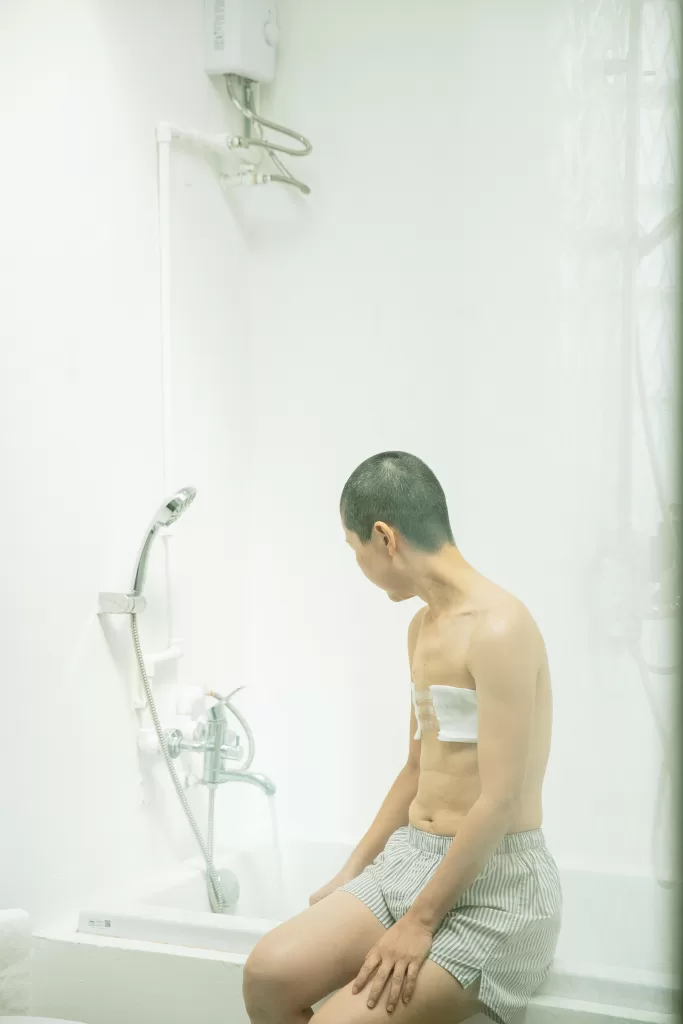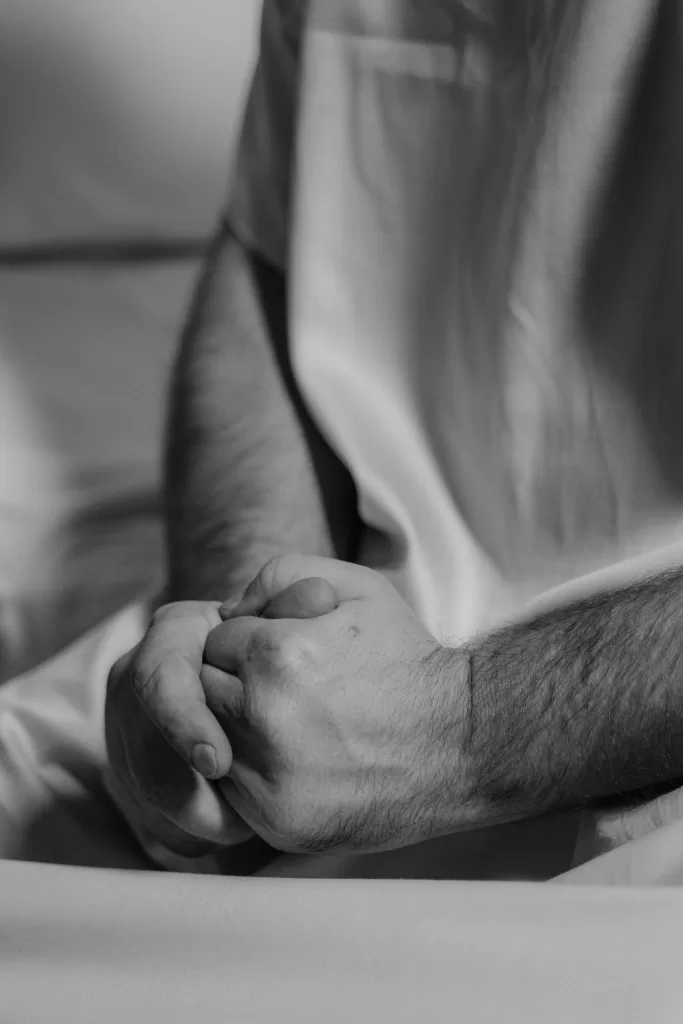5 Important Reasons Why Male Breast Cancer Awareness Matters
Breast cancer has long been associated with women, yet there is a growing need to acknowledge that men are also vulnerable to this disease. While it may seem surprising, it is a reality that affects numerous individuals each year. The journey of those who face a diagnosis can be uniquely challenging, intensified by misconceptions, lack of research, and limited public discourse. Highlighting and addressing these issues is crucial for better awareness, early detection, and comprehensive support.

Challenging the Stigma: Why Male Breast Cancer Awareness Matters
Understanding the Realities
The idea that men are immune to breast cancer persists in many circles. According to a recognized health organization, a noteworthy portion of annual breast cancer cases occur among men, underscoring that it is not solely a women’s concern. This fact is a reminder of the pressing need to bring greater visibility to Male Breast Cancer, as many are still unaware they can even be diagnosed with the condition.
Biologically, men do have breast tissue, albeit in smaller quantities compared to women. Various risk factors, including family history and specific genetic mutations, can increase the likelihood of malignant cell development. When men discover a lump or abnormality on their chest, it may not immediately be associated with a serious issue, leading to delays in seeking medical attention. This pattern can contribute to diagnoses at later stages, making the disease more difficult to treat.
Breaking Down Barriers
A profound barrier to male breast cancer awareness involves stigma. The notion that this is a “female disease” can cause men to disregard early warning signs or avoid discussing concerns with a healthcare professional. Societal expectations of masculinity, combined with insufficient public information, create an environment where men may feel isolated or embarrassed about seeking help.
Even in certain healthcare settings, resources cater primarily to female patients, making it harder for men to find tailored guidance. Public campaigns often focus on women’s breast cancer, reinforcing the idea that men are not at risk. Dismantling these misconceptions begins with acknowledging that breast cancer is not confined to one gender. Incorporating male-specific information into awareness campaigns and offering inclusive support groups are positive steps toward normalizing this reality.
Recognizing Risk Factors and Early Signs
Breast cancer in men can manifest in similar ways as in women. Some might notice a lump in the chest, changes in the skin texture, or discharge from the nipple. Recognizing such signs early can greatly influence the outcome of treatment. While no single cause definitively triggers the disease, certain genetic markers, hormonal imbalances, and lifestyle factors can play a role.
Encouraging men to be more observant of their bodies is an important shift in perspective. Routine self-checks or being aware of changes is not only beneficial to women but can also save men’s lives. If symptoms appear, reaching out to a healthcare provider without hesitation helps improve the likelihood of timely intervention.

Addressing Emotional and Social Challenges
Receiving a diagnosis can be emotionally overwhelming. Men may struggle with the feeling that they have an illness commonly perceived as feminine, which can lead to shame or confusion. Friends and family members might also lack understanding or awareness, leaving patients to cope with fear and uncertainty alone.
Support networks, online forums, and counseling services tailored to men’s experiences are vital. These spaces encourage open discussion of concerns, personal stories, and coping strategies. Healthcare providers who understand the nuances of male breast cancer can also provide specialized guidance and empathetic care. A supportive community fosters resilience, allowing men to share their journeys without judgment.
Expert Insights
An authoritative source emphasizes that a significant portion of male cancer cases often goes unnoticed due to stigma and lack of screening. This perspective sheds light on the importance of broader conversations around men’s health. Improved research, more inclusive healthcare policies, and dedicated funding for male breast cancer initiatives would all contribute to earlier detection and better survival rates.
The emotional support side cannot be understated. Providing men with access to specialized mental health professionals ensures that diagnoses are met with compassion, sensitivity, and thorough information. Normalizing routine checkups and discussions around men’s breast health encourages individuals to approach concerns more proactively.
Building a Culture of Awareness
Raising awareness about Male Breast Cancer involves extending beyond traditional campaigns. Educational programs in workplaces, community events, and online platforms should include men’s health messages. Social media and informational websites can share personal stories from male survivors, highlighting the reality and debunking myths.
Healthcare providers play a pivotal role by guiding men through screening options when risk factors are evident. Clinics can display materials that speak directly to men’s concerns, reaffirming that seeking help promptly is the wisest step. Ultimately, the more people learn about male breast cancer, the less shocking it will be for men to consider the possibility and the more comfortable they will feel about advocating for their own well-being.

Hope Through Research and Action
As studies progress, researchers gain a better understanding of how breast cancer behaves in men and how best to treat it. Uncovering specific genetic markers or discovering personalized treatments helps refine care. Nevertheless, progress depends heavily on proactive awareness efforts and the open sharing of experiences.
With increased recognition and community support, men who are diagnosed can navigate the journey with confidence and compassion. Overcoming the stigma attached to male breast cancer calls for collective effort—from patients, healthcare providers, and society at large. Recognizing that this disease transcends gender is a major step toward helping more people receive timely diagnoses and effective treatment.
Challenging the stigma around male breast cancer begins by acknowledging that breast tissue is present in men and that malignant growths can occur. Awareness fosters early detection, breaks down barriers to treatment, and builds supportive networks for those who confront the diagnosis. Through broader educational campaigns, open dialogue, and inclusive healthcare practices, men can step forward with confidence, knowing that help, empathy, and effective therapies exist for them, too. In this way, society as a whole can create a more informed and compassionate environment, ensuring that every individual’s health is taken seriously, regardless of gender.







